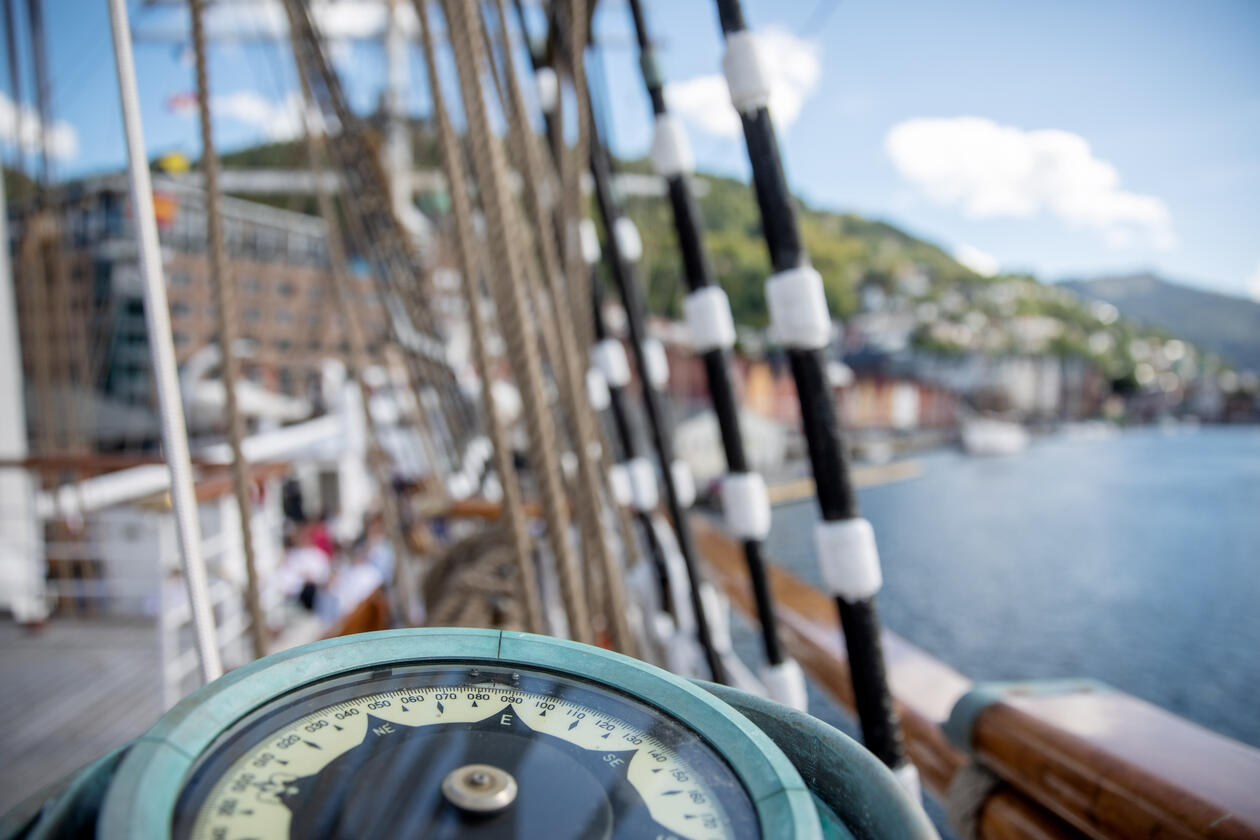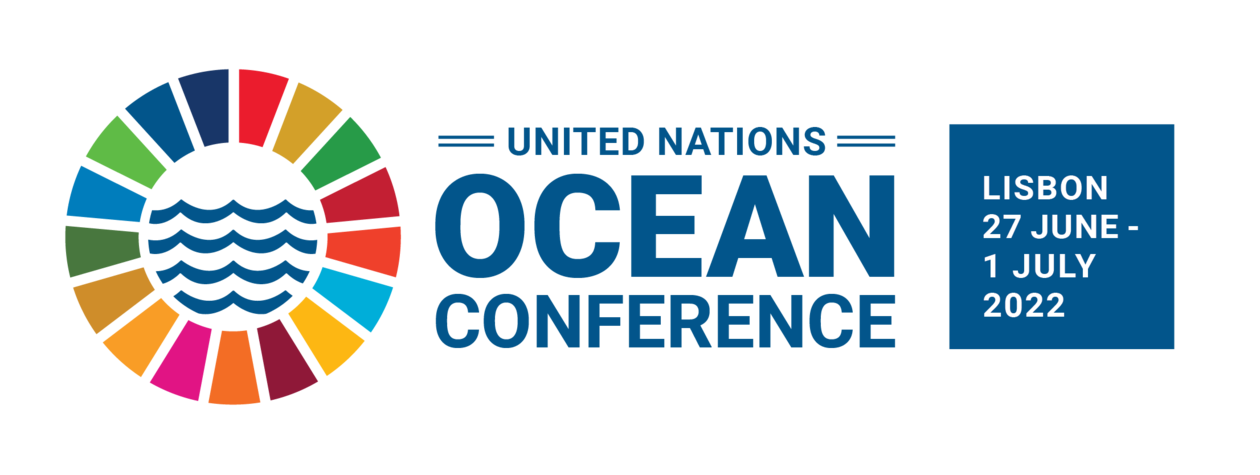SIDE EVENT: Scaling up action and building effective partnerships for SDG14
This official side event at the United Nations Ocean Conference 2022 will take a special look at how academia and business both have essential roles in building partnerships for a sustainable ocean. The side event takes place Monday 27 June.
Main content
CONCEPT NOTE FOR SIDE EVENT – United Nations Ocean Conference 2022
“Scaling up action and building effective partnerships for SDG14:
the essential roles of higher education and business”
Monday 27 June 2022 16:00-17:15 / 4:00 p.m.-5:15 p.m. (GMT+1)
Side Event Room 2, Altice Arena, Lisbon
Co-sponsored by the Government of Ireland, UN Department of Economic and Social Affairs (UN DESA), UN Office of High Representative for the Least Developed Countries, Landlocked Developing Countries and Small Island Developing States (OHRLLS), the International Association of Universities (IAU), The Partnering Initiative (TPI), and the University of Bergen (UiB).
- There is no pre-registration for this side event. Welcome!
CONCEPT NOTE
This side event is aimed at raising the capacity of different stakeholders in forging effective partnerships for Sustainable Development Goal 14 (SDG14) Life below water, to conserve and sustainably use the ocean and marine resources for sustainable development. It brings together policymakers, industry, academia, civil society, representatives from the UN system and ocean enthusiasts with a global outlook on how to save our ocean by working together more effectively and easily.
Universities are crucial for the acceleration of action for the SDGs, with SDG 4: Quality Education, often seen as key to other SDGs and training the experts needed in the different fields. Specifically for SDG 14, the main areas of impact are Research (on Ocean, Climate), Teaching (Ocean Literacy and Partnerships) and Engagement of the different community groups at and around campus for this important topic. Several initiatives are already underway at universities, and partnerships such as the IAU Global HESD Cluster accelerate action and foster cooperation further. For example, in 2021, the IAU and its SDG14 Cluster Leader the University of Bergen published a collection of papers on Higher Education and SDG14 entitled: HIGHER EDUCATION AND SDG 14: Integrating Ocean Research for The Global Goals. This publication shows how inter- and transdisciplinary activities at faculties, research centres, and actors outside of universities can work together to reach shared goals.
Two-thirds of the ocean economy’s annual 'gross marine product' comes from assets that rely directly on healthy ocean conditions. Both public and private sector interests can agree that without sustainable industry and a culture of conservation, these assets will evaporate. The private sector therefore has a vested interest as a partner in the delivery of SDG14, both to ensure its own sustainability and as a driver of new business opportunities. Potential partnerships include everything from financing new renewable energy infrastructure in tourist areas, through to developing new technologies and sector practices to reduce marine pollution from shipping and from plastic use. However, in many parts of the world, there is little tradition of corporate responsibility, and few mechanisms or capacity to engage with business to collectively develop such win-win partnerships.
The side event shows how multi-stakeholder partnerships centred around the SDGs can be put into practice by finding common goals and denominators. However, there is no ‘one size fits all’ approach to partnerships. The path towards transformation for a more sustainable future starts with collaboration and discussion, therefore, this session invites the participants in the room to engage and will conclude with a call to action.
PROGRAMME
Moderator: Dr Amund Maage, Marine Director at the University of Bergen and Senior Scientists at Norway's Institute of Marine Research
Welcoming remarks (16:00-16:08)
- Ms. Lotta Tähtinen, Chief, Outreach and Partnerships, Division for SDGs, UN DESA
- Rector and Professor Margareth Hagen, University of Bergen, Norway
Opening statement 1 (16:08-16:16)
Key Learnings of working with SDG 14 and SDGs in higher education and specifically in the context of the IAU HESD Cluster
Report “Higher Education and SDG 14: Integrating Ocean Research for the Global Goals”
- Professor Øyvind Fiksen, Marine Dean, University of Bergen and SDG14 HESD Cluster Lead for IAU
Opening statement 2 (16:16-16:24)
Key findings of “Private Sector Partnerships in Small Island Developing States (SIDS): Better Collaboration for Sustainable Ocean Development” report
- Mr. Paul Holthus, Founding President & CEO, World Ocean Council
Panel discussion (16:24-17:05)
4 panellists will each give 4 minutes initial intervention.
- Professor Anya Waite, Scientific Director at the Ocean Frontier Institute and Associate Vice-President for Research at Dalhousie University, Canada
- Mr. Martin Exel, Managing Director, SeaBOS
- Mr. Paul Holthus, Founding President & CEO, World Ocean Council
- Professor Martin Visbeck, Head of Research Unit Physical Oceanography, GEOMAR Helmholtz Centre for Ocean Research Kiel, Germany
Questions for discussion:
- What skills and knowledge (both partnering and technical) do all sectors need to deliver on SDG14?
- How do we more systematically engage business and academia towards partnering for the SDGs?
- What are the needs for change in higher education and industy to better engage with the SDGs – and SDG14 in particular? How can the voluntary commitments from universities and partners contribute to this?
- Given how critical the private sector’s role is in achieving SDG14, what is holding back stronger engagement, and how can we far more systematically align business, societal and environmental interests to unlock the power of the private sector through win-win collaborations?
Announcement of online partnering training course (17:05-17:07)
- Ms. Lotta Tähtinen of UN DESA presents the 2030 Agenda Partnership Accelerator
Call to action (17:07-17:10)
- Ms. Hege Hammersland, Business Development Manager at Scantrol Deep Vision MBA
Reflections (17:10-17:14)
- Mr. Ralph Victory, Ireland’s Ambassador to Portugal
Thank you for attending and goodbye! (17:14-17:15)
- Side event moderator Dr Amund Maage
FURTHER LINKS AND RESOURCES
- IAU-UiB SDG14 publication: https://iau-aiu.net/IMG/pdf/uib-_iau_highered-sdg14_2021.pdf
- The Partnership Accelerator: Supporting partnership effectiveness in SIDS

